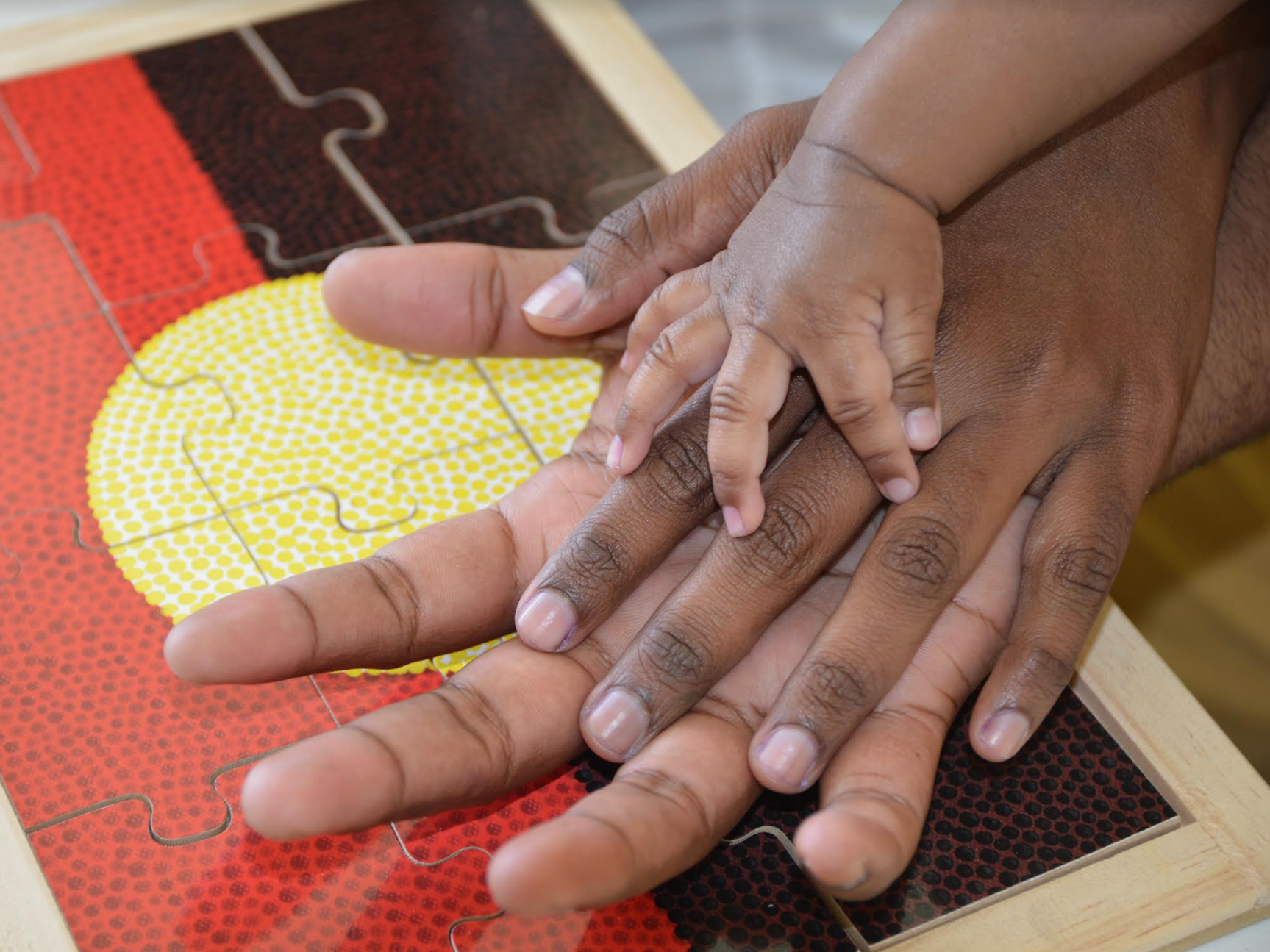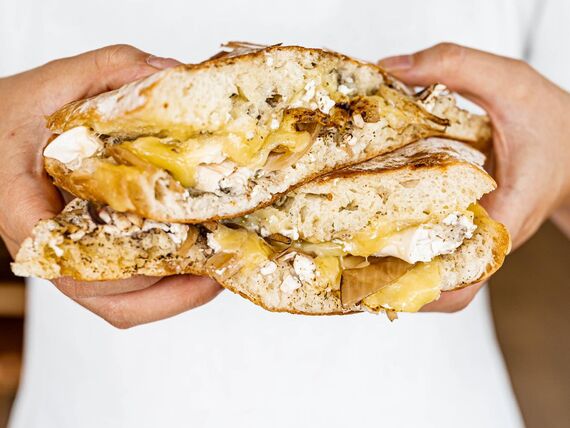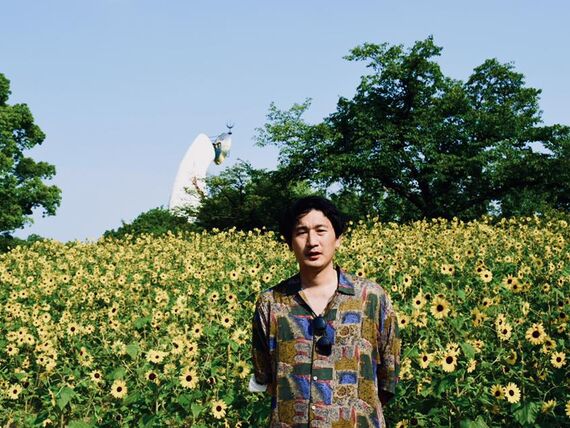
##MP##
The only Aboriginal and Torres Strait Islander community controlled organisation providing kinship services for First Nations children in foster care in Cairns is seeking more families to become involved, as a shortage of carers leads to children being placed in Youth Residential Care homes.
Not having children in family settings is incompatible with new laws passed in State Parliament last week, which strengthened the rights of Aboriginal and Torres Strait Islander children in foster care.
The bill saw the Charter of Rights for vulnerable children expanded to include cultural, religious, language and identity development rights.
##BA##
Wuchopperen Health Services Limited runs the Culturally Appropriate Foster and Kinship Care Service (CAFAKCS) in Far North Queensland to support Aboriginal and Torres Strait Islander carers provide homes to kids in need.
Executive Director of Child, Youth and Family Services, Tanya Robinson, said there is a huge need for more carers, with a high number of local children currently living in residential care homes, rather than with families.
“Our children can be as young as early primary school living in residential homes, when family-based care is the best option care for our children,” she said.
“We work with our community to identify safe and loving homes for kids who need care for long or short periods of time, who provide strong cultural safety and connections.
“The care may be primary care, respite care, weekend care or emergency care.”
Ms Robinson said carers don’t necessarily have to be from the same mobs as the children but must have an understanding of the importance of the child’s continuing connection with their culture.
“We would really love to have our children cared for by their own families, extended families or community members and that’s always our first preference,” she said.
“Carers help keep Aboriginal and Torres Strait Islander children safe and loved during a difficult time in their lives.
“This allows our kids to stay connected to their family, culture, community, country and to stay in school and reach their full potential.”
If a potential carer is approved, the CAFAKCS team provides all necessary supports.
“Our staff will work closely with carers and the children around any supports or needs the children have, which could be education, about the child’s health, or any behavioural challenges,” Ms Robinson said.
“We equip carers with new skills to help provide care and support and provide strength in times of need.”
More information, including contact details, can be found on Wuchopperen’s Culturally Appropriate Foster and Kinship Care Service web page.
Main points
- There is a shortage of families to care for Aboriginal and Torres Strait Islander foster children
- First Nations families are preferred to provide kinship for kids
- The Charter of Rights for vulnerable children now covers cultural, language and identity development rights








